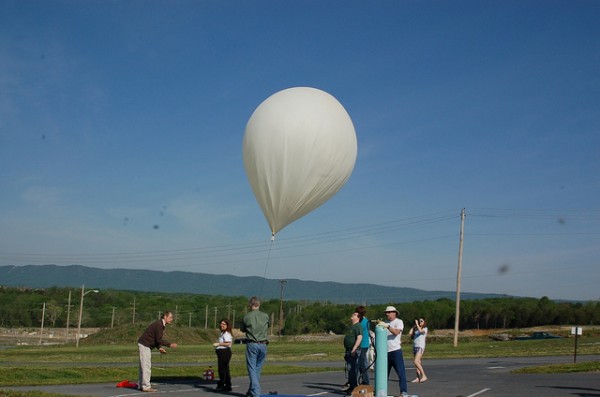Each year, a gathering of hackers takes place in Germany, known as the Chaos Communication Congress. The four-day event, now located in Berlin, has been running since 1984 and in 2004 saw a record attendance of 4,230 participants. The congress provides lectures, workshops and discussions on technology, society and utopia.
The 28th Chaos Communication Congress (28C3), which ran with the motto "Behind enemy lines", took place just prior to the New Year, during which time, a scheme to launch satellites into orbit and develop ground stations for tracking was outlined, with the intention of forming a Hackerspace Global Grid, free of censorship and as a backup for hackers during natural or economic disaster. Activists claim that the increasing threat of censorship, such as the recent SOPA Act, had motivated the project, with activist Nick Farr calling out for support for the project in August "The first goal is an uncensorable internet in space. Let's take the internet out of the control of terrestrial entities."
The project is currently in the stage of developing its knowledge-base and understanding, certain limitations must be worked with; typically amateur projects involve sending satellites into low-Earth orbit with balloons, however in non-standard orbits and orbits not situated around the equator, satellites travel quickly around the earth in a non-fixed manner, making them difficult to track. Step one of the project will involve the development of affordable and portable base stations for use in tracking satellite positions.

Mr Farr claims that the project's "only motive" behind the Hackerspace Global Grid is knowledge, "Hackers are about open information ... we believe communication is a human right."
Others question the potential use of such a network as a way to bypass measures implemented to block distribution of intellectual property and copyrighted materials. Whilst the practical usage of such a network remains to be seen, it has raised the question of space rights, though a satellite in orbit would fall under no country's jurisdiction, like-wise no international law exists to protect said satellite from aggressive measures from any country or entity.
An interesting project indeed and a most amazing feat should the community succeed in reaching its goals. We only hope that such satellites are able to remain in orbit without becoming victim to laser fire from a large firm or country.













